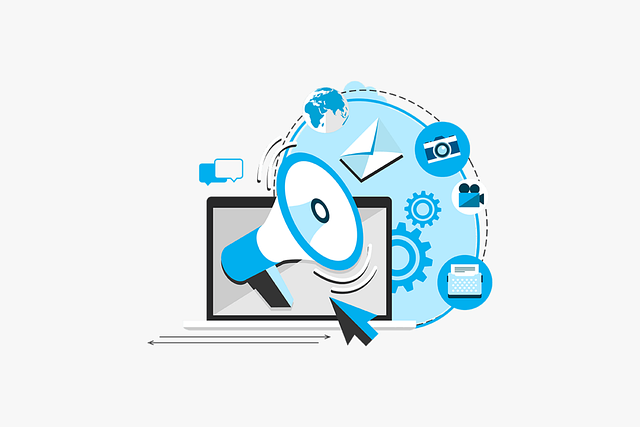In the realm of business-to-business (B2B) marketing, influencer marketing has emerged as a powerful strategy for building brand awareness, fostering credibility, and driving engagement among target audiences. Unlike consumer-focused influencer marketing, which often centers around lifestyle and product endorsements, B2B influencer marketing focuses on collaborating with industry thought leaders, experts, and professionals to share insights, thought leadership content, and industry expertise. Let’s explore the dynamics, benefits, and best practices of B2B influencer marketing in driving brand growth and customer engagement.
Identifying B2B Influencers: B2B influencers are individuals or entities within specific industries or niche markets who possess deep domain expertise, credibility, and a substantial following among professionals, decision-makers, and stakeholders. B2B influencers can include industry analysts, consultants, academics, authors, executives, and subject matter experts who have established themselves as trusted voices within their respective fields. Identifying the right B2B influencers requires careful research, audience analysis, and alignment with brand values, industry relevance, and target audience interests.
Thought Leadership and Content Collaboration: B2B influencer marketing revolves around thought leadership and content collaboration, where brands partner with influencers to create and amplify valuable insights, educational content, and industry perspectives. Through blog posts, whitepapers, case studies, webinars, podcasts, and social media engagement, B2B influencers contribute their expertise and unique insights to enrich the brand’s content ecosystem and engage target audiences in meaningful conversations. By co-creating content with influencers, brands can leverage their credibility and reach to amplify brand messaging and establish thought leadership within the industry.
Building Trust and Credibility: B2B influencers play a pivotal role in building trust and credibility for brands by lending their expertise, insights, and endorsement to key marketing initiatives. As trusted advisors and opinion leaders within their respective domains, B2B influencers carry significant influence and authority among their followers and professional networks. By associating with credible influencers who align with the brand’s values and ethos, B2B marketers can enhance brand credibility, foster authentic relationships, and gain access to new audiences who value the influencer’s recommendations and endorsements.
Targeted Audience Engagement: B2B influencer marketing enables brands to reach highly targeted and qualified audiences within specific industries, verticals, and segments. Unlike traditional advertising or mass marketing approaches, B2B influencer marketing allows brands to engage with decision-makers, influencers, and stakeholders at various stages of the buyer’s journey with relevant, contextually-driven content. By tailoring messaging and content formats to address the pain points, challenges, and informational needs of target audiences, brands can drive meaningful engagement, nurture leads, and influence purchasing decisions in the B2B ecosystem.
Measuring Impact and ROI: Measuring the impact and return on investment (ROI) of B2B influencer marketing requires a nuanced approach that goes beyond vanity metrics such as likes, shares, and follower counts. B2B marketers should focus on tracking key performance indicators (KPIs) such as website traffic, lead generation, conversion rates, brand sentiment, and thought leadership positioning. By leveraging analytics tools, attribution models, and performance metrics, brands can gain insights into the effectiveness of influencer collaborations and optimize future campaigns to maximize ROI and achieve business objectives.
Conclusion: B2B influencer marketing presents a unique opportunity for brands to leverage the expertise, credibility, and influence of industry thought leaders to drive brand growth, foster engagement, and build meaningful relationships within the B2B ecosystem. By identifying the right influencers, co-creating valuable content, building trust and credibility, targeting specific audiences, and measuring impact effectively, B2B marketers can harness the power of influencer marketing to elevate brand awareness, establish thought leadership, and drive business success in today’s competitive marketplace.

